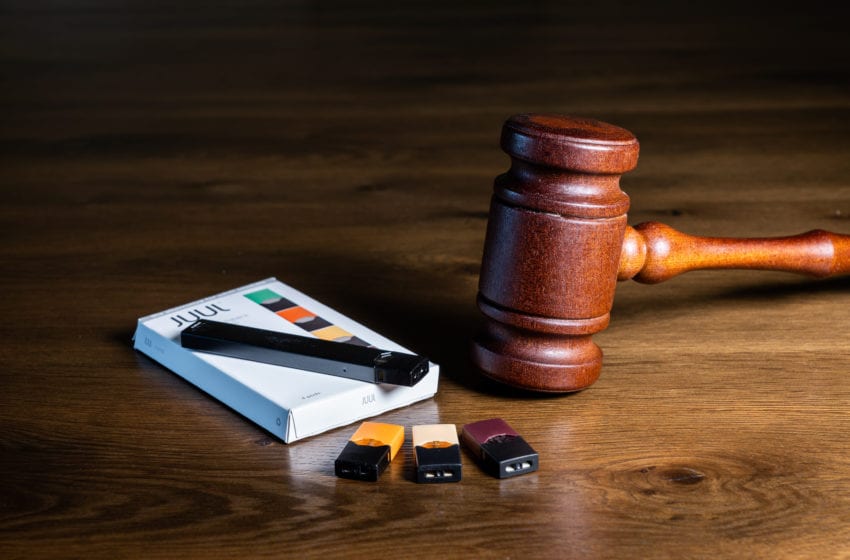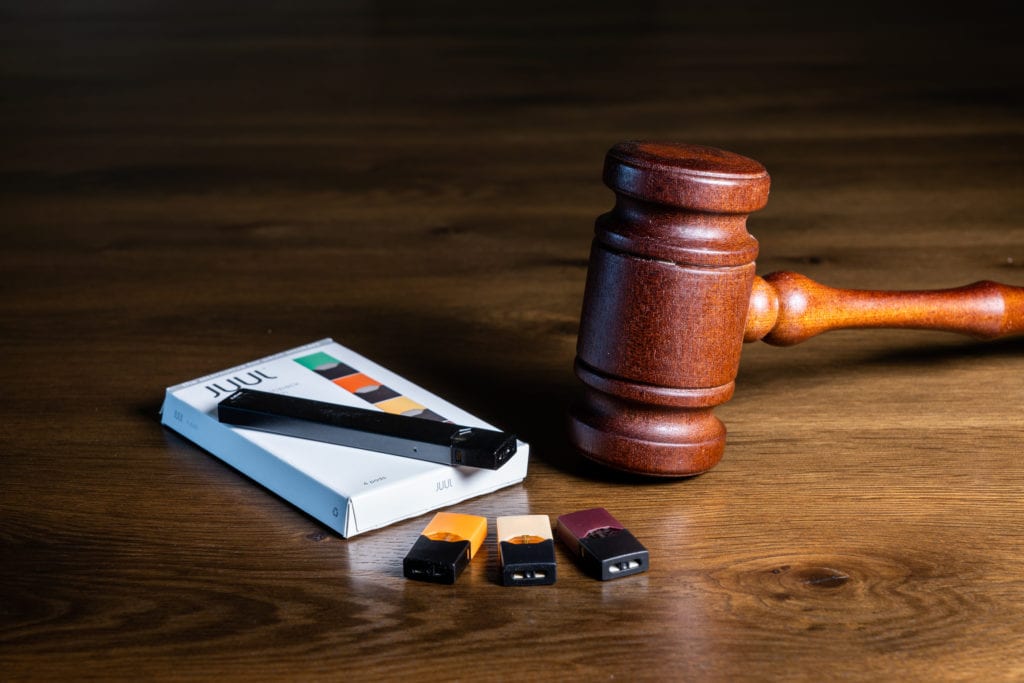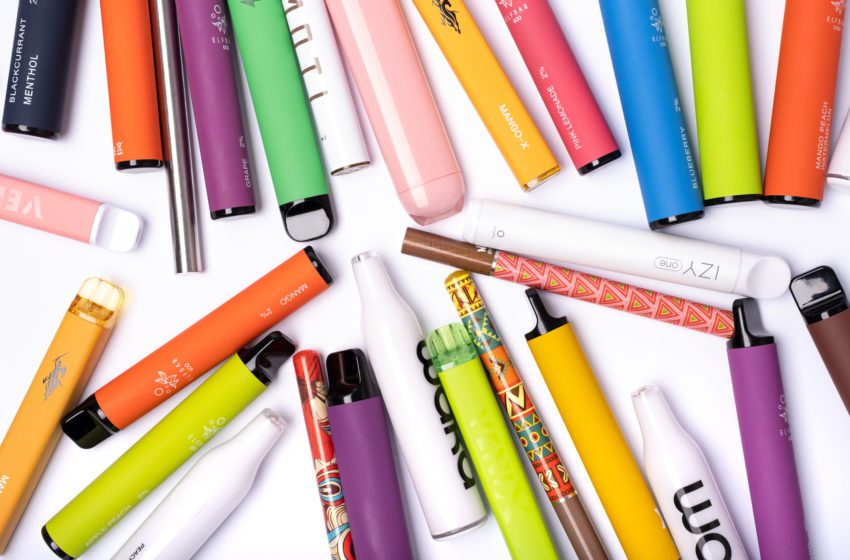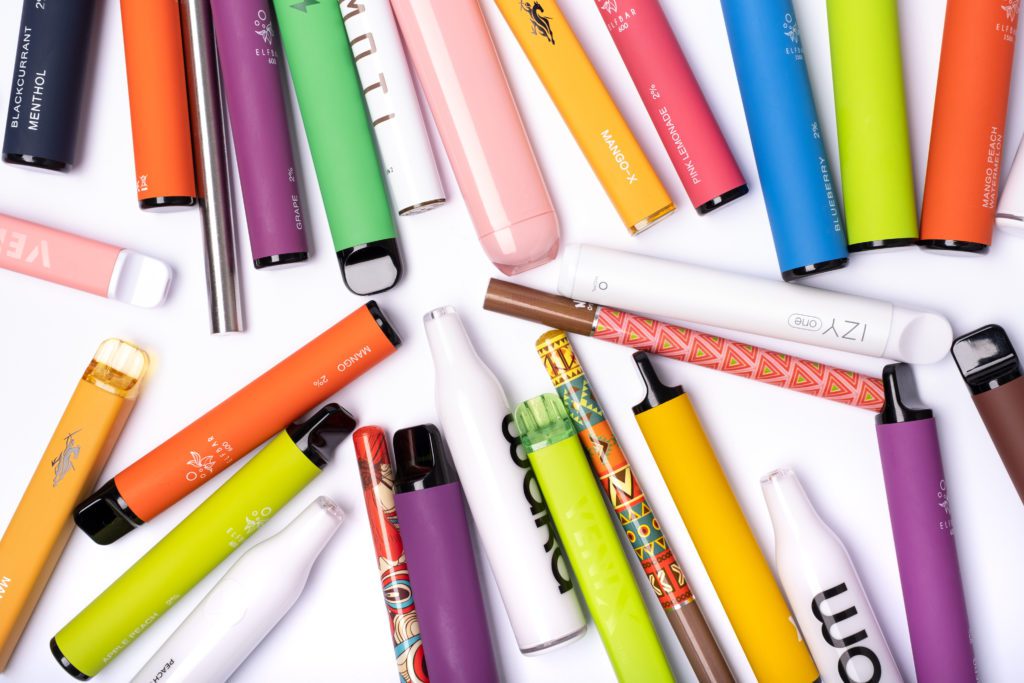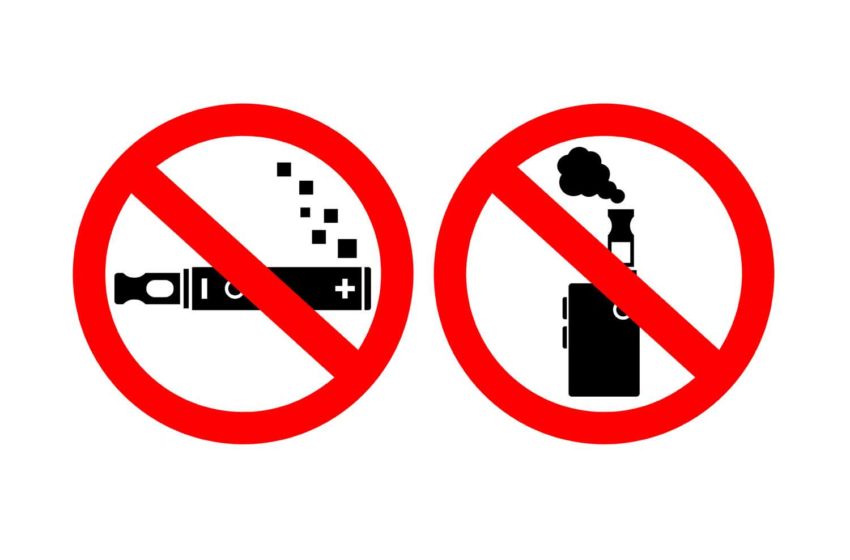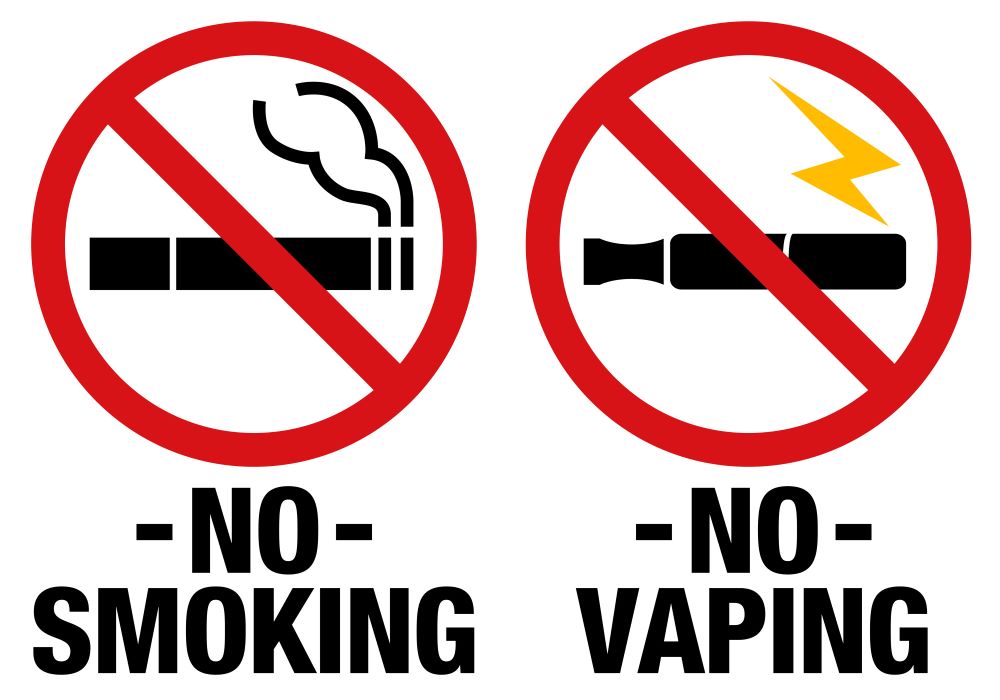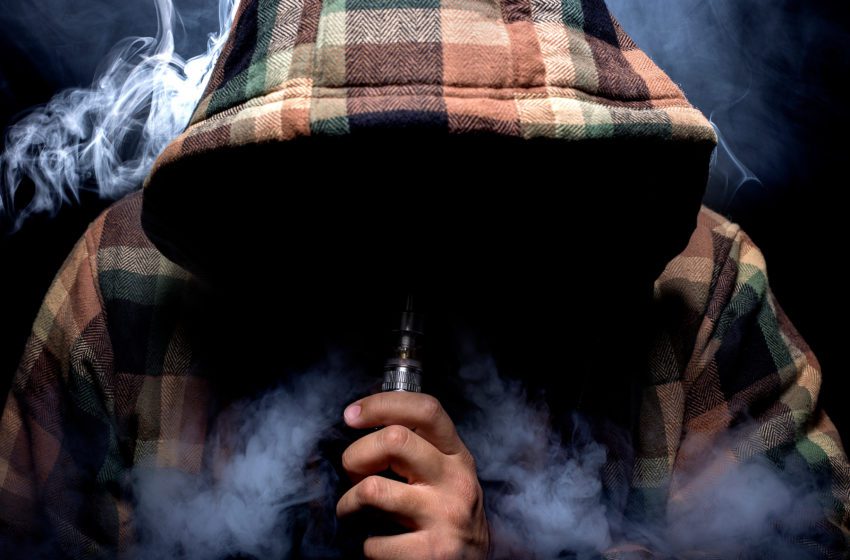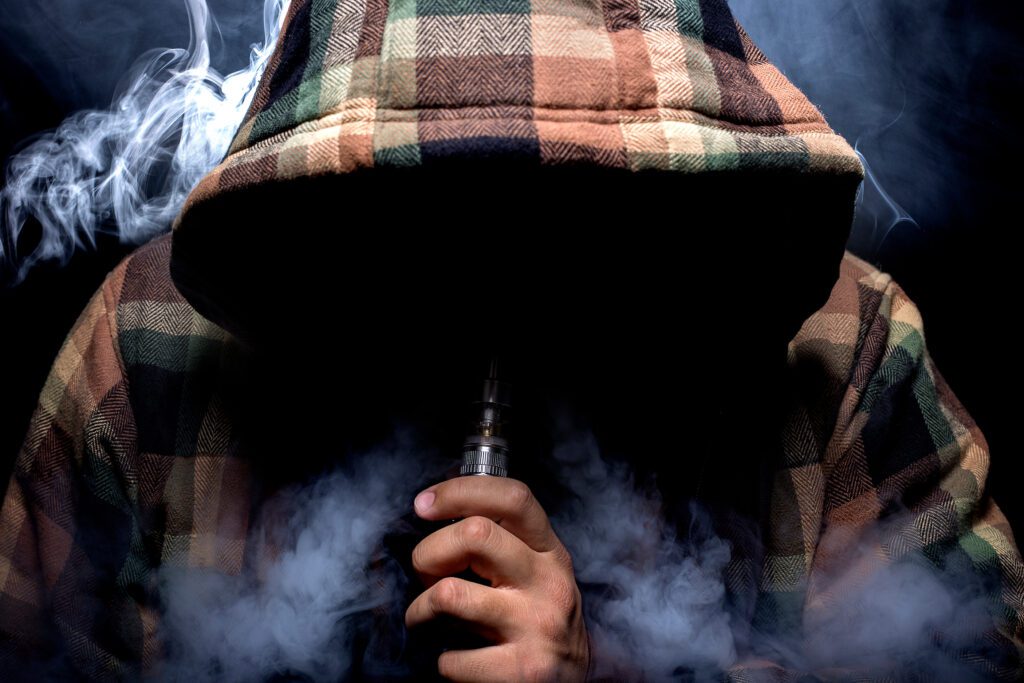The Philippine Tobacco Industry (PTI) has called on the Philippines’ Bureau of Internal Revenue (BIR) to crack down on illicit vapor products, reports The Manilla Times.
In a letter sent recently to BIR Commissioner Romeo Lumagui Jr., the group emphasized that the full implementation of the Vaporized Nicotine and Non-Nicotine Products Regulation Act “will ensure that the public is protected against the dangers of using illicit products as well as the collection of appropriate taxes aimed at helping our economy.”
The Act, which became law in July 2022, regulates the importation, manufacture, sale, packaging, distribution, use and communication of vaping products such as e-cigarettes and heated tobacco products.
Under the laws implementing rules and regulations (IRR), e-commerce platforms, e-marketplaces and other similar online platforms are mandated to allow only Department of Trade and Industry and BIR-registered distributors, merchants or retailers of vape products, devices and novel tobacco products to sell on their website or platform.
To ensure vape products are made inaccessible to minors, the IRR also requires vapor product refill receptacles to be tamper- and child-resistant. Products packaged or labeled with flavor descriptors appealing to minors are prohibited.
“We are also hoping that the BIR will closely work with enforcement agencies such as the Philippine National Police, The Armed Forces of the Philippines as well as relevant anti-illicit trade groups from the Bureau of Customs to make sure the law and its IRR are effectively implemented,” the PTI said.
The PTI members include Japan Tobacco International Philippines, Associated Anglo-American Tobacco Corp. and Philip Morris Fortune Tobacco Co.





